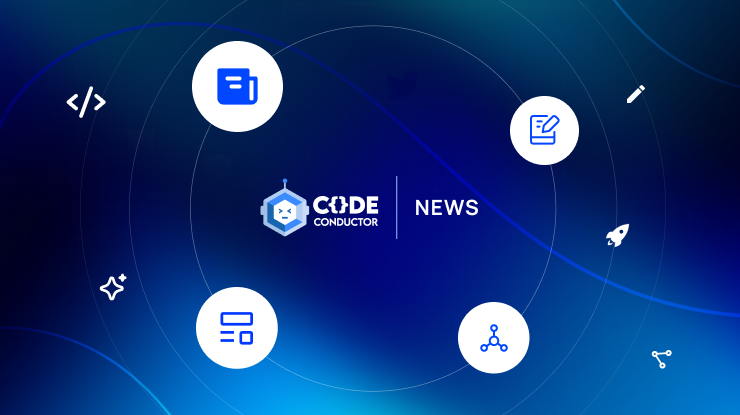OpenAI is backing California’s AB 3211 bill, which would require tech companies to label AI-generated content. This move aims to increase transparency and curb the spread of misinformation, especially during elections.
- OpenAI’s Chief Strategy Officer, Jason Kwon, highlighted the importance of this bill in a recent letter to California State Assemblymember Buffy Wicks.
- According to Kwon, the bill is crucial for maintaining clarity between human-generated and AI-generated content.
The Brief
OpenAI, the developer of ChatGPT, has voiced its support for AB 3211, a California bill that mandates watermarking or labeling AI-generated content. Adobe and Microsoft are also supporting this new California bill.
The bill mandates that tech companies label AI-generated photos, videos, and audio clips. This move is significant during elections when AI-generated content like deep fakes could influence public opinion.
At the same time, Elon Musk is supporting the California bill that focuses on enhancing AI safety by mandating protections for large AI models. But what’s going on here? What do these companies and individuals genuinely want? Let’s unpack the latest moves in AI regulation and what they could mean for our future.
What is Elon Musk’s Objective?
On a related front, Elon Musk has expressed his support for California bill SB 1047, which would require developers of large-scale AI models to implement safeguards to prevent these models from causing significant harm. Musk, who runs the AI company xAI, believes this legislation is essential and has argued that AI should be regulated like other technologies with potential risks.
This is a tough call and will make some people upset, but, all things considered, I think California should probably pass the SB 1047 AI safety bill.
For over 20 years, I have been an advocate for AI regulation, just as we regulate any product/technology that is a potential risk…
— Elon Musk (@elonmusk) August 26, 2024
Conflicting Views and Legislative Landscape
Despite Musk’s support, while OpenAI supports AB 3211, it has voiced concerns over another piece of California legislation, SB 1047 bill. It mandates that AI developers do safety testing for their AI models. The company has expressed concerns that the stringent requirements of SB 1047 could hinder innovation and technological advancement. The bill has faced a backlash from the tech industry, including Microsoft-backed OpenAI.
Amid a wave of AI-related legislation, AB 3211 is gaining attention for its focus on transparency. With countries representing a third of the world’s population holding elections this year, experts are worried about the impact AI-generated content could have. Hence, there’s an increasing demand for clear labeling of AI-generated content. This bill has played a significant role in some elections, such as those in Indonesia.
Reuters also reports that California lawmakers tried to introduce 65 bills related to AI this legislative season, according to the state’s legislative database. These bills included measures to ensure that all algorithmic decisions are free from bias and to protect the intellectual property of deceased individuals from being exploited by AI companies. However, many of these bills have already failed to progress.
Key Aspects
- Support for Transparency: OpenAI believes that clear labeling of AI-generated content is crucial, particularly during election cycles when misleading information can spread quickly.
- Contrasting Legislation: This support contrasts with OpenAI’s stance on another California AI bill, SB 1047, which has faced backlash from the tech industry due to its requirements for AI safety testing.
- Legislative Progress: AB 3211 has already achieved significant milestones: it passed the California State Assembly with a unanimous 62-0 vote and cleared the Senate Appropriations Committee earlier this month. The bill is now set for a full Senate vote on August 31. If approved, it will be sent to Governor Gavin Newsom, who has until September 30 to either sign it into law or veto it.
The support for AB 3211 by OpenAI highlights a commitment to transparency and accountability. In a recent letter to Assembly member Buffy Wicks, who introduced the bill, OpenAI’s Chief Strategy Officer, Jason Kwon, emphasized the bill’s significance. He stated, “New technology and standards can help people understand the origin of content they find online, and avoid confusion between human-generated and photorealistic AI-generated content.
Overall Takeaway!
The support from OpenAI for AB 3211 underscores a commitment to greater transparency in digital media. As the bill moves through the legislative process, its eventual impact on both the tech industry and public trust in digital content will be closely watched.

Co-founder and Chief growth officer

